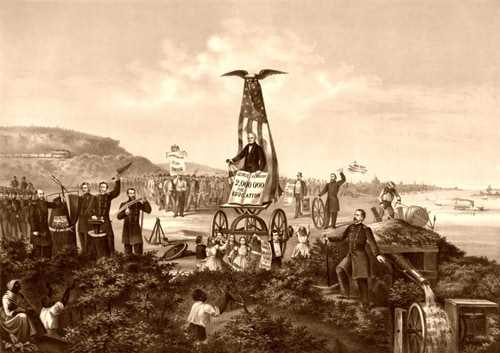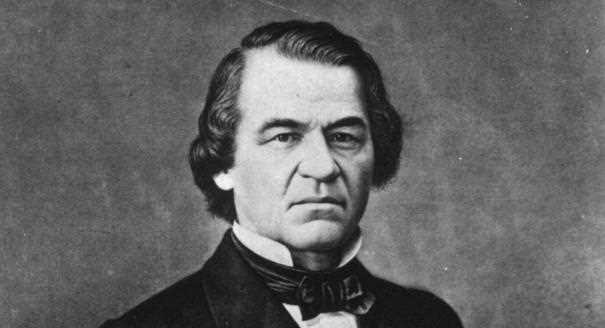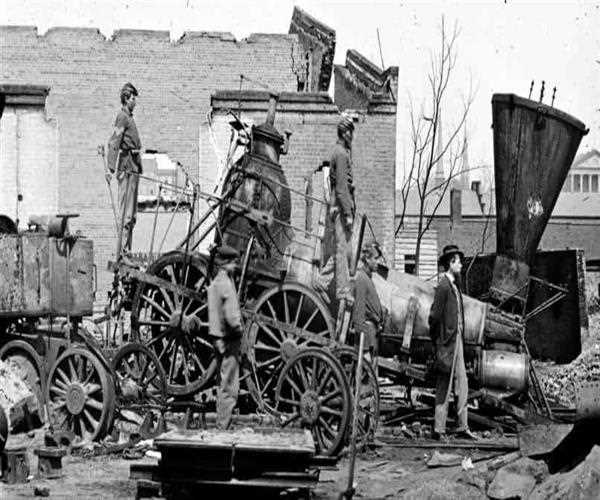*Military reconstruction act of 1867*

The Initial Reconstruction Act, otherwise called the Military Reconstruction Act, go into law on 2nd of March, 1867 over the veto of President Andrew Johnson. The demonstration connected to all the ex-Confederate states in the South, aside from Tennessee who had officially approved the Fourteenth Amendment. It split the states into five military locales, each under the control of a Northern General whose duty it was to secure life and property. The First Reconstruction Act likewise requested the requirement for new state agents and constitutions, the confirmation of the Fourteenth Amendment, and the arrangements of equivalent rights for every resident. The most radical part of the Act was the emancipation of all subjects, aside from ex-Confederates, thus accommodated the happening to dark suffrage.

The President endeavored to veto the bill, for he viewed it as unlawful. In his eyes, the demonstration denied the states a lawful government, and thusly did not accommodate the security of rights and property. Johnson considered Reconstruction to be the way to build up peace between the North and South, and resume ordinary relations. In any case, in the same way as other in the South, he saw the Act as opposing and contradictive of this point. Johnson, and the South, additionally observed the peril in the power presented to the military leaders. To them, it showed up as though Congress were endeavoring to set up a military government in the South, in which the will of the officer was law, and in which savagery against the South could be practiced at an impulse. The leader could sentence a man to death without trial, decide the privileges of property and the individual, and discard land and products. The South considered this their possible since quite a while ago dreaded enslavement toward the North.

The First Reconstruction act raised further troubles. Initially, it took away the equity and legitimacy of the Southern states to which is connected, yet it requested that they endorsed the Fourteenth amendment. Southern government officials contended that Congress had unlawfully passed the demonstration because of the absence of portrayal of Southern states. The Southern states were left dormant as neither the military administrators nor the new delegates knew whether their part incorporated the obligation to act in understanding the law.
Cheers!